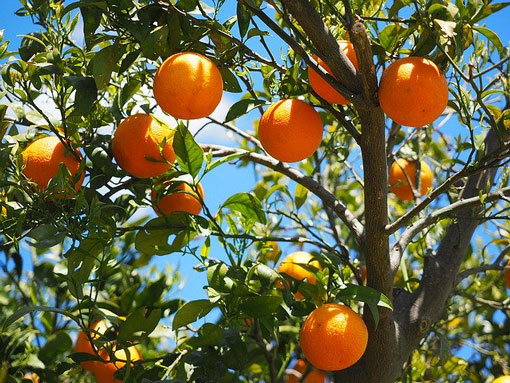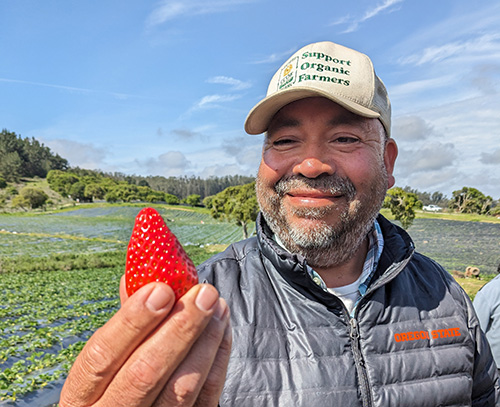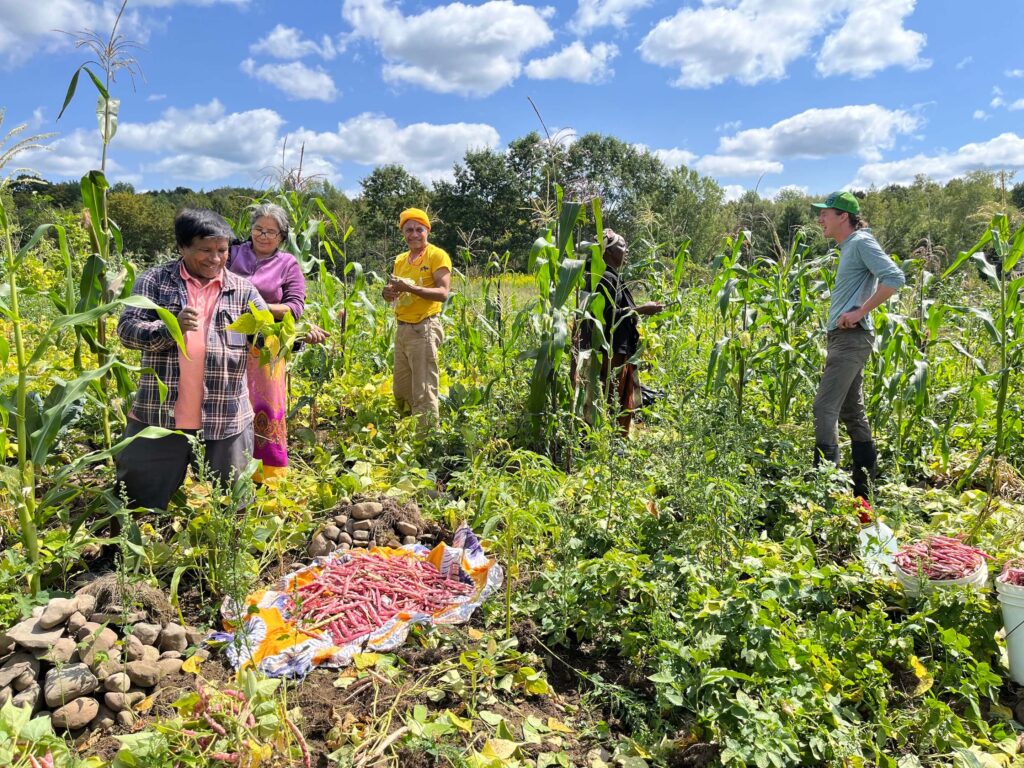Helen, my wife’s late grandmother, loved the Christmas holiday growing up. It wasn’t the presents that made it special. (Her family lived in rural West Virginia during the Depression and could rarely afford any.) It was the fact that her dad always bought a case of Coke and a bag of Florida oranges for their family of six to celebrate. This was so exciting for her—not just because of the Coke, but also because of the oranges, which they rarely got to eat in Appalachia.

Thinking of this story, it strikes me just how much our food system has changed. Thanks to advances in transportation and shipping, we can get food from around the world that our grandparents and great-grandparents never even imagined. Most of us take things like oranges and kiwis for granted, but kiwis were almost unheard of in the US until the 1960s. Pretty amazing, isn’t it?
Based on the history of our produce, it’s safe to say that our food system will keep on changing in the coming years. I thought about that as I read this op-ed in the New York Times. It’s called “Food as You Know It Is About to Change.” Looking ahead, the author asserts that we’ll face real challenges growing enough healthy food for everyone as we deal with population growth, climate change, increased transportation costs, and nutrition changes in fresh produce.
When I read the piece for the first time, I frankly felt a little depressed. But I revisited it later, and I was struck by this line: “The pressure on the present food system is not a sign that it will necessarily fail, only that it must change.”
At The FruitGuys, we believe that small-to-medium, diverse, independent farms are a key part of this change. Often, these farms can be flexible with what they grow, changing as the marketplace changes. Many of them also serve their local communities—meaning their products don’t travel as far, reducing emissions in transit. And that’s just the tip of the iceberg on why supporting local, small farms is important.

Independent farms alone won’t solve the challenges we face, but we believe they are an integral part of a robust and resilient food system.
Just as our food is changing, so are the people working to improve the food system. Universities and private institutions are studying agricultural practices. More and more organizations are thinking about transparency and growing practices when they buy snacks for their break rooms. And this year, we’ve also seen the schools we work with shift their tight budgets to focus more on scratch cooking and sourcing from local farms, even when it’s more expensive. I’ve met dozens of these committed people striving to create a future of sustainable produce for all of us.
Despite the real obstacles we face in feeding the world, I’m still hopeful that continued support for independent, diverse, regenerative farms can help us combat the challenges ahead.

Welcome to the Chief Banana newsletter—weekly letters from the desk of The FruitGuys’ CEO. Find more Chief Banana newsletters here. To get Chief Banana in your inbox every week, fill out the “Subscribe to our Newsletter” form on this page.
"*" indicates required fields
Take advantage of faster checkouts and other great benefits.
Create an AccountWe are here to help you provide healthy food, meaning, and a reason to gather in your workplace.
From weekly mixed fruit for break rooms to monthly gifts for remote staff to special projects, we can serve your needs or turn your dreams into a nourishing reality.
Get your weekly dose of the latest fruit info and exclusive updates.
"*" indicates required fields

